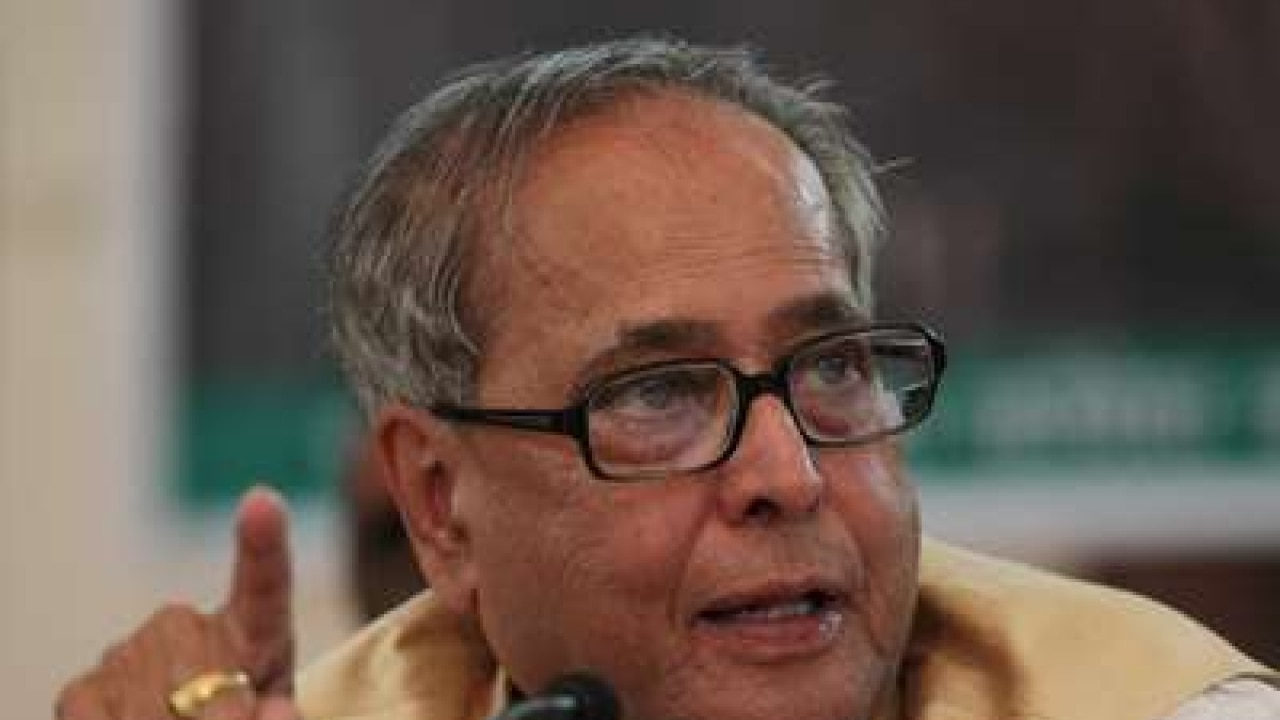
- Select a language for the TTS:
- UK English Female
- UK English Male
- US English Female
- US English Male
- Australian Female
- Australian Male
- Language selected: (auto detect) - EN
Play all audios:
The Elvis Presley stories repeated most often these days are rarely flattering. Some emphasize his lethal appetite for fatty foods and prescription painkillers; others dwell on bizarre
anecdotes like his meeting with Richard Nixon, where he warned the president that the Beatles had an “anti-American spirit.” The overall picture in these tales depicts a sweaty, bloated
country bumpkin in a sequined jumpsuit who is quick to fire a gun at his own television set. It’s a pathetic, cartoon distortion of the man that has little relation to the musical genius
from Tupelo, Mississippi, who played a crucial role in the development of rock & roll in the 1950s and continued to innovate within the art form for the reminder of his career. The new
two-part HBO documentary _Elvis Presley: The Searcher_ (which premieres April 14th) aims to finally restore the King to his proper place in the rock pantheon as a creative pioneer on par
with Chuck Berry, the Beatles, the Rolling Stones and Bob Dylan. Directed by Thom Zimny and produced by Jon Landau and Priscilla Presley, it tells Elvis’ life story through his music,
utilizing a treasure trove of unseen video, photographs and new interviews with his friends, collaborators and fans, including Bruce Springsteen and, in one of his final interviews, Tom
Petty. “I wanted to attack and shatter the shorthand version of Elvis Presley’s life story – that after the Army there was just bad films, bad recordings, bad tours and then his life was
over,” says Zimny. “This was a man driven by music, even at his darkest times.” The project dates back about four years to discussions Priscilla Presley had with Jerry Schilling, a longtime
friend of Elvis who has been involved with the Presley estate for decades. “We wanted to tell the true story,” she says. “And then we just happened upon HBO, and [president for HBO
Miniseries] Kary Antholis really got it.” The network reached out to Landau to get the ball rolling. “I said to them, ‘My perception would be to attempt to tell the story of Elvis, the
artist, straight through to the end,'” says Landau. “In other words, I wanted to take the second half of his career as seriously as the first.” EDITOR’S PICKS Zimny was his first
thought for a director. They’d worked closely over the past 18 years on a series of documentaries about Springsteen and were of a similar mindset about how to tell musical history on the
screen. For this one, the filmmaker decided to record all of his interviews without a camera and just weave the audio across vintage photos and video alongside some new footage he filmed at
Graceland. “I love the challenge of not using camera interviews,” he says. “It forces you to look at the visual landscape completely differently. You don’t have the safety of cutting to the
person on camera, and you can stay in the dream world of the film.” [embedded content] Pivotally, Zimny was given access to the Presley estate’s complete audio and visual archive. “He had
carte blanche to go into it,” says Priscilla. “I wanted him to get whatever he needed to make this documentary truthful.” The director also sent his research team to scour the planet for
previously unseen items and ultimately had more than 6,000 still images to draw from along with Super-8 footage, 16-millimeter outtakes from newsreels and the complete studio sessions from
his entire recording career. “One of the key recordings we found was Elvis’ mom singing gospel songs, which had never been released,” says Zimny. “The landscape of this film is really built
upon unseen archival footage that was buried deep in the vault.” Pearl Jam guitarist Mike McCready was given the difficult job of crafting a score for the project. “I knew it had to be
someone who could capture the emotional journey of Elvis as an artist, but also his influences – all without it overpowering the tone of the Elvis story and music,” the director says. “The
composer had to be someone who understood the role the score would play in the two films, and they had to be somebody who could translate the emotional themes that I, who am not a musician,
could only describe with words and visuals.” The first half of the documentary goes from Presley’s impoverished childhood in Tupelo right up to the moment he was drafted into the Army, at
the pinnacle of his fame, in 1958. Rather than recycling the dueling narratives that dominate discussions of his legacy – that he either single-handedly invented rock & roll _or_ merely
copied rock pioneers and took all the credit because he was a photogenic white man – _The Searcher _explores “the complexities of an artist like Elvis,” Zimny says. Much time is devoted to
Presley’s artistic journey and the rich musical terrain he was exposed to as a teenager. “I was aware of the storyline that Elvis took music from other people,” he adds. “And it just didn’t
make sense after having conversations with Priscilla and, most importantly, [Stax songwriter] Dave Porter, who spoke with me of their time on _From_ _Elvis in Memphis_ and explained to me at
length how the music of Beale Street influenced Elvis when he was growing up.” RELATED Part Two explores the difficult second chapter of Presley’s life, when he returned from the Army and,
at the urging of his manager, Colonel Tom Parker, turned away from rock music in favor of B-moves and quicky soundtracks. The 1968 comeback special led to a brief period of renewed cultural
significance and amazing live shows, but the limitations of Parker’s managerial abilities – including his refusal to tour Elvis overseas and team him up with the right studio collaborators –
hobbled Presley’s career throughout much of the 1970s. “The second part of his career involved triumph over a lot of adversity,” says Landau. “He didn’t have a George Martin or someone to
push him creatively. Most importantly, the material wasn’t what it should have been. When you get the soundtrack to _Clambake_, there’s only so much you can do. Still, Elvis brought his
personality to everything that he did. The worst songs he ever recorded, the ones he was the most disinterested in, the signature of his singing was right there.” The story of Presley’s life
is fleshed out by the voices of the people who knew him best and some of his most high-profile fans. Among many other interviews, Zimny spoke to guitarist Scotty Moore – who backed Elvis
from his first Sun Records sessions through much of his pre-Army career – just a few weeks before he passed away in 2016. Lifelong Elvis fan Tom Petty sat down with the director for an hour
at his home studio shortly before he launched what became his final tour. “Isolation brings on drug abuse,” Petty says, in comments that now seem unsettling in the wake of his death. “It
had to be very lonely, we know that. There’s a point when you have success and you get really wealthy, and there’s the day the letter comes that says none of this will make you happy. He
knew he had to find something, but I think he gave up. I think he felt outgunned and gave up.” TRENDING STORIES [embedded content] To showcase Presley’s latter years, Zimny zooms in on
lesser-known tracks like “Hurt,” a gut-wrenching song he recorded in Graceland’s Jungle Room about a year before he died. (By that point, the studio had to come to Elvis since he didn’t like
to leave his house.) “He was at the end of his life when he sang that song,” says Zimny. “It depicts his passionate love of music and acknowledges not just his sad loss in the world, but
also the power and beauty of his singing voice.” For Priscilla, watching the final cut of the film was a heavy emotional experience. “I broke down because it was like déjá vu,” she says.
“When I watched the footage of him onstage, I felt like I was back in my booth in Las Vegas watching it and experiencing it. I was living it all over again.”







